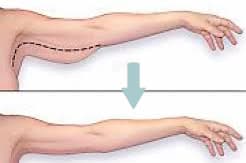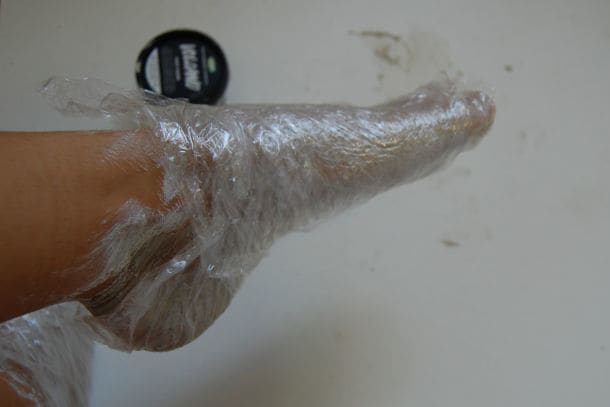Sufi fest of healing begins today in city
TNN | Oct 5, 2017, 23:46 IST
Jaipur: Speaking on the eve of the South Asian Sufi Festival, Rafaqat Ali Khan, retired teacher of history at Jamia Milia Islamia, said, "For thousands of years, warriors have inflicted wounds and Sufis have offered the balm. Even today, what the Sufis offer is the much-needed balm." Khan has overseen all the papers that will be presented at the four-day Sufi festival that begins on Friday.
Eighty-three-year-old Ajeet Cour, writer of short stories, said, "I was once at a shop to buy gifts for friends in Kerala, and the salesgirl asked if I was Ajeet Cour. She had read my autobiography, which was serialized in a Malayalam newspaper!" Daughter Arpana Caur, the famous painter, pitched in to inform that Malayalam translations of her mother's books sell in the thousands. But the translations, though, have been done not from the original Punjabi to Malayalam, but from Hindi.
Cour speaks with regret of the absence of Pakistani Sufi scholars at the fest. "In 1987, for the first time, we managed to get 10 scholars to the festival. Indian writers are read with great affection in Pakistan, and Pakistani authors are read widely in India. But for 40 years after Partition, there was no people-to-people interaction between the two nations."
It was after Cour began this festival that the South Asian Association for Regional Cooperation (then a seven-member group, now eight with the inclusion of Afghanistan), included cultural exchanges too in its charter. "It was otherwise a purely a political group," Cour says. These festivals are now held in different countries in the region. "In 2003, when we went by foot across Wagah to Pakistan, a crowd of 5,000 people had gathered to welcome us, with some vigorous drumming. The immigration officials later called us at our hotel to tell us that they had forgotten to stamp our passports at the border! They said they were carried away by the emotional reception. We told them we were so tired, we would not go back. And they came to the hotel to stamp our passports!"
Eighty-three-year-old Ajeet Cour, writer of short stories, said, "I was once at a shop to buy gifts for friends in Kerala, and the salesgirl asked if I was Ajeet Cour. She had read my autobiography, which was serialized in a Malayalam newspaper!" Daughter Arpana Caur, the famous painter, pitched in to inform that Malayalam translations of her mother's books sell in the thousands. But the translations, though, have been done not from the original Punjabi to Malayalam, but from Hindi.
Cour speaks with regret of the absence of Pakistani Sufi scholars at the fest. "In 1987, for the first time, we managed to get 10 scholars to the festival. Indian writers are read with great affection in Pakistan, and Pakistani authors are read widely in India. But for 40 years after Partition, there was no people-to-people interaction between the two nations."
It was after Cour began this festival that the South Asian Association for Regional Cooperation (then a seven-member group, now eight with the inclusion of Afghanistan), included cultural exchanges too in its charter. "It was otherwise a purely a political group," Cour says. These festivals are now held in different countries in the region. "In 2003, when we went by foot across Wagah to Pakistan, a crowd of 5,000 people had gathered to welcome us, with some vigorous drumming. The immigration officials later called us at our hotel to tell us that they had forgotten to stamp our passports at the border! They said they were carried away by the emotional reception. We told them we were so tired, we would not go back. And they came to the hotel to stamp our passports!"
Get latest news & live updates on the go on your pc with News App. Download The Times of India news app for your device.













































All Comments ()+^ Back to Top
Refrain from posting comments that are obscene, defamatory or inflammatory, and do not indulge in personal attacks, name calling or inciting hatred against any community. Help us delete comments that do not follow these guidelines by marking them offensive. Let's work together to keep the conversation civil.
HIDE